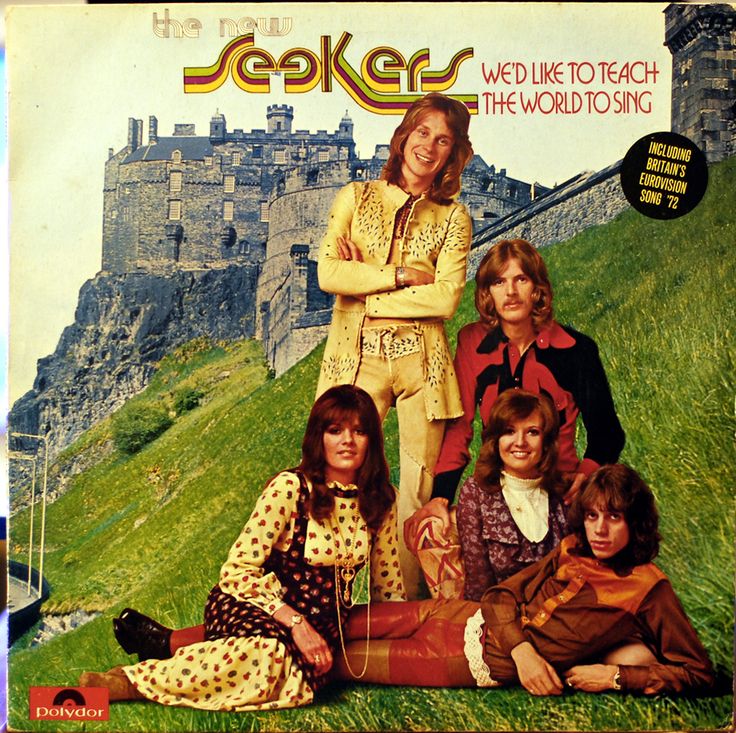
A Miraculous Anthem of Unity, a Beautiful and Unlikely Journey from a Commercial Jingle to a Global Call for Peace.
In the early 1970s, as the world was gripped by the turmoil of the Vietnam War and the deep social divisions it created, a simple, disarmingly hopeful melody found its way onto the airwaves, offering a brief moment of pure, unadulterated harmony. That song was “I’d Like To Teach The World To Sing,” performed by the British-Australian folk-pop group The New Seekers. While their clean-cut, wholesome image might have seemed out of step with the era’s gritty rock and roll, this song was a global phenomenon, becoming a beacon of hope for a weary generation. Its success was staggering: it soared to a peak of number one on the UK Singles Chart and reached number seven on the Billboard Hot 100 in the U.S. Released as a single in 1971, it was later included on their album, the aptly named We’d Like to Teach the World to Sing. But the true drama of this song lies in its incredible and unlikely origin story.
The story of “I’d Like To Teach The World To Sing” is a classic tale of art transcending commerce. The song’s melody was originally composed as a commercial jingle for a Coca-Cola advertisement. The now-iconic “Hilltop” ad, which first aired in 1971, featured a diverse group of young people from all over the world standing on a hillside in Italy, holding bottles of Coca-Cola and singing in perfect harmony. The commercial’s message of global unity and peace, set to such a simple, beautiful melody, struck an immediate chord with the public. The drama unfolded when radio stations across the country began receiving an unprecedented number of requests to play “the Coca-Cola song.” People didn’t just want to see the ad; they wanted to own the music. This demand created a unique problem: a brilliant jingle, but no full song to release.
In a dramatic, last-minute decision, the original writers and ad executives worked to rework the jingle into a proper pop song, removing any direct references to the soft drink. They entrusted the track to The New Seekers, whose clean, harmonious vocal style perfectly matched the song’s pure message. The resulting record was a masterpiece of emotional sincerity. The lyrics, so simple yet so powerful—”I’d like to teach the world to sing / In perfect harmony / I’d like to hold it in my arms / And keep it company”—felt like a direct, heartfelt plea from the heart of a generation tired of conflict. The band’s unadorned, melodic harmonies gave the song a feeling of authenticity and earnestness that no other artist could have captured.
For those of us who remember this era, “I’d Like To Teach The World To Sing” is more than just a song; it’s a poignant time capsule. It’s a reminder of a time when, for a brief moment, a simple melody could unite people across borders and ideologies. The song became an almost miraculous symbol of the peace movement, proving that a commercial jingle could be transformed into a genuine work of art that spoke a universal truth. It is a beautiful and timeless piece of music, a haunting echo of a world that desperately yearned for harmony, and a testament to the unexpected places from which our most cherished anthems can emerge.